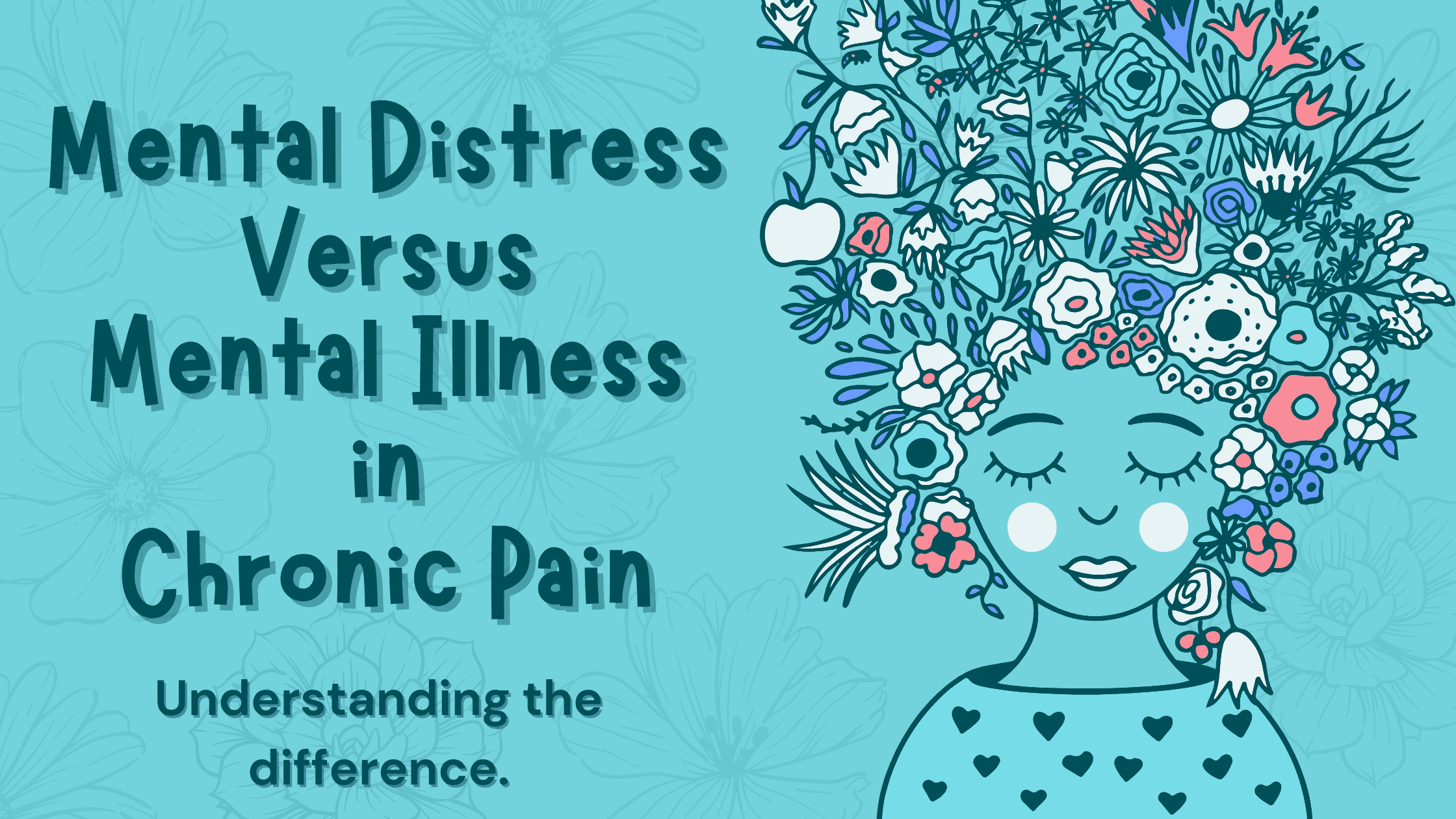As a physical therapist treating chronic pain through private practice, patients’ noncompliance has no doubt led to frustration at times. Not only does it interfere with your ability to truly help a patient reach her or his fullest potential, but it can interfere with your clinic’s bottom line.
Statistics show that only about 35 percent of physical therapy patients adhere to the individualized plan of care their physical therapists create for them. This includes missed or unscheduled appointments that can average out to an annual revenue loss of thousands of dollars for a single clinic.

These numbers describe missed opportunities – the missed chance to fully demonstrate the effectiveness of physical therapy in treating conditions such as chronic pain, and the inability to invest in expanding such treatments for larger populations.
The question needs to be asked: why is compliance so low for physical therapy patients?
Why is compliance so low for physical therapy patients? Click To TweetWhile the answer is complicated and involves a few concrete answers such as the lack of transportation or conflicts with work schedules, many of the other reasons are psychological.
A physical therapist who is equipped to address and help break through these psychological barriers is more likely to lead their chronic pain patients into a more active, fulfilling life.
Psychology of Pain
For an article written for the Journal of Student Physical Therapy Research, the author had interviewed physical therapists about patient adherence, and here’s what one of them said:
“Half of the time, I feel like I am a psychologist more than a therapist. It may be their shoulder hurting, but life in general for them is not good at the time, and sometimes we might be the only people they see in a day.”
Such statements aren’t just conjecture.
According to a 2005 study published by the National Institutes of Health (NIH) titled “The Challenge of Patient Adherence,” psychological factors (such as depression, which often goes hand in hand with chronic pain), can lead to a 27 percent higher incidence of nonadherence to treatment.
Another study also published by the NIH (2010), concluded that “physiotherapists should be concerned about the attitudes, beliefs and barriers patients face, acting collaboratively with them to design realistic treatment plans which are customized to the patient’s life circumstances.”
At the Integrative Pain and Science Institute, we believe in the marriage of physical therapy treatments and acceptance and commitment therapy (ACT) in order to most effectively treat patients suffering from chronic pain.

Psychology of Pain: Acceptance & Commitment Therapy
While the human reaction to chronic pain may be to avoid things that hurt, both mentally and physically, acceptance and commitment therapy (ACT) encourages patients to lean in.
Acceptance and commitment therapy is a form of behavioural therapy that uses mindfulness and the acceptance of life’s difficulties as a way of moving towards behavioral changes and solutions.
Rather than teaching people strategies to better control their unpleasant thoughts, emotions or physical sensations (as in cognitive behavioral therapy), acceptance and commitment therapy teaches people to be mindful of such challenges – even to embrace them – in order to bring about necessary change and action.
ACT teaches people not to fight pain, but to be mindful of the challenges it presents, and to accept them without fear or anxiety so they can steadily begin to rebuild their lives.
It is about creating hope through acceptance, and making it possible for one to free themselves of the struggle against pain.

Dr. Tatta’s simple and effective pain assessment tools. Quickly and easily assess pain so you can develop actionable solutions in less time.
Pain: An Integrative Approach
Does Psychology of Pain have an integrative approach? Of course, ACT is just one component of an approach to chronic pain treatment that supports a more Integrative approach to pain management – an approach that includes physical therapy, functional nutrition, pain education and cognitive-behavioral therapies.
By making ACT part of your professional toolbox as a physical therapist treating chronic pain, you’ll not only help your patients achieve greater, longer-lasting success in overcoming pain, but you’ll set your clinic apart within your respective physical therapy marketplace.
By making ACT part of your professional toolbox as a physical therapist treating chronic pain, however, you’ll not only help your patients achieve greater, longer-lasting success in overcoming chronic pain. Click To Tweet[READ: PSYCHOLOGY OF PAIN: WHAT IT MEANS AND WHY IT MATTERS]
You will also take one step towards improving patient compliance, which can affect the quality of life of your patients as well as the bottom line of your clinic.
At the Integrative Pain and Science Institute, we’ll show you how to make these services a central part of your practice. Sign up here to be placed on the wait-list for our course “ACT for Pain,” taught by chronic pain expert Joe Tatta, PT, DPT.
Click here to learn about the ACT for Pain practitioner training!



